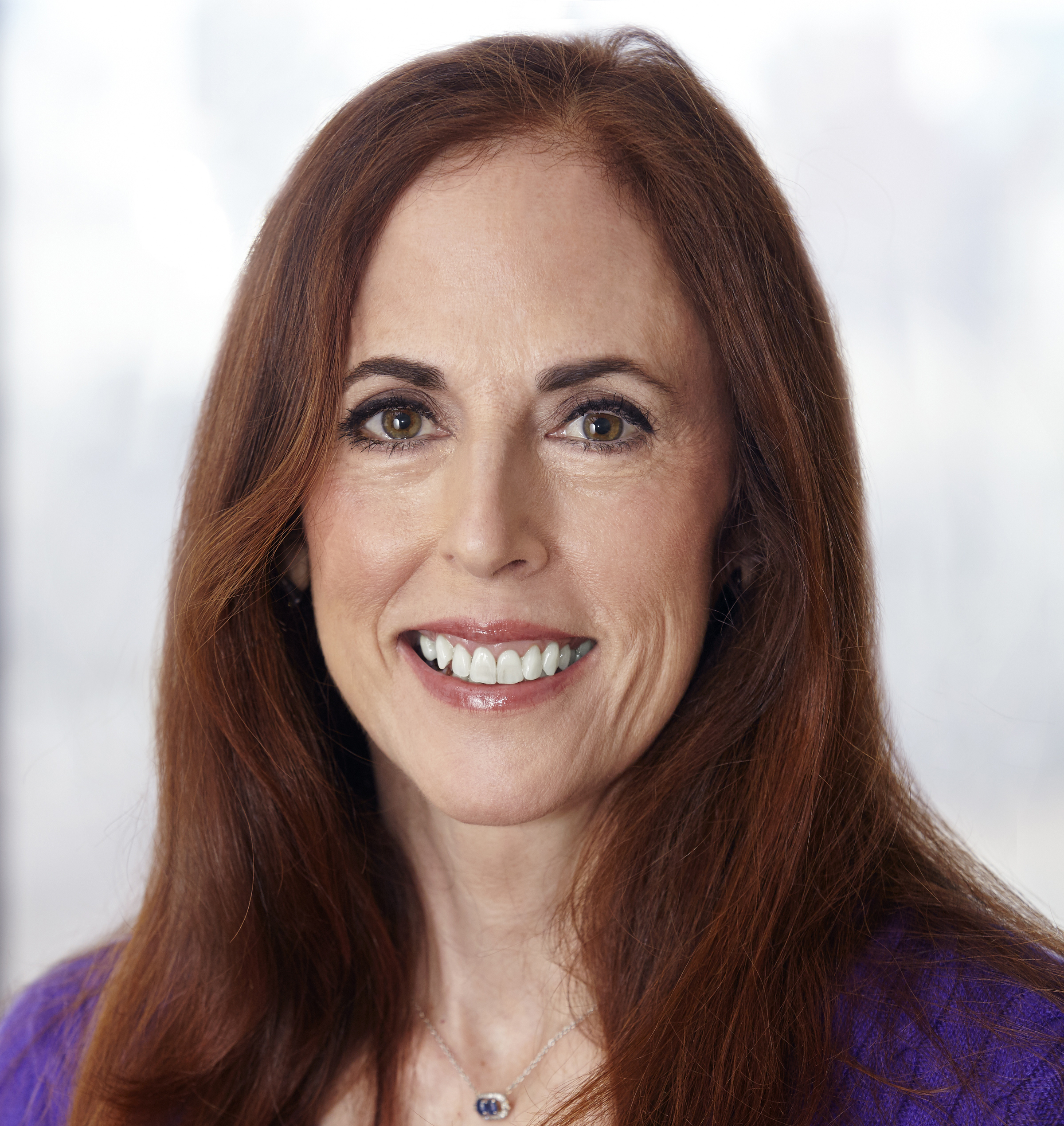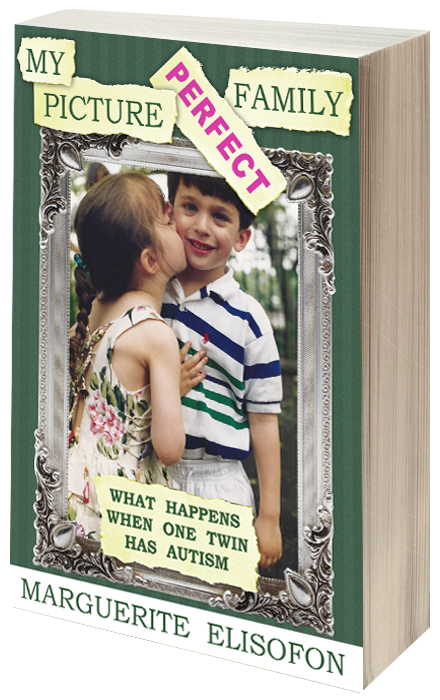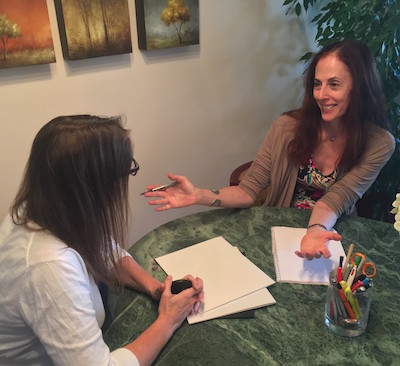This week guest blogger Ashley Taylor is offering encouragement and helpful suggestions to couples with disabilities who want to start families. A married mother of two, Ashley is a freelance writer, photographer and advocate for people with disabilities. She created DisabledParents.org to provide information and resources to other parents with disabilities. I thought it would be refreshing and instructive to switch from my point of view as an autism mom, to the unique perspective of a parent with disabilities seeking to overcome the physical, emotional and financial challenges of starting a family. What comes through loud and clear–whether you’re a parent with disabilities or a parent raising a child with special needs–is that thinking outside the box (along with a healthy dose of determination) is a must.
by Ashley Taylor
For many couples, there’s no greater dream than starting a family of their own. But when you’re in a relationship where one or both partners has a physical disability, it’s not always a straightforward process. The bad news? Preparing for parenthood might be a longer and more expensive journey than it would be without a disability. The good news? You can have the family you want, you just need to prepare.
Here are four factors that some couples with disabilities must consider.
Finding Supportive Doctors
As a parent with disabilities, you’re going to get pushback. From the moment you announce that you’re trying to conceive, people will question your ability to carry and deliver a healthy baby and raise him or her competently. While I wish I could say that the overstepping and insensitivity are limited to the general public, the truth is that many doctors also hold misconceptions about people with disabilities. In reality,, you know your body and its capabilities better than anyone.You’re the one living in it, after all! Give yourself time to find a supportive health care provider before you start trying to conceive and try not to get discouraged if you have to ditch a few providers before finding the right fit.
Dealing with Fertility Issues
Infertility is, unfortunately, a struggle that many couples with disabilities know all too well. Thankfully, modern medicine offers options for overcoming fertility challenges. In vitro fertilization, or IVF, is one of the most common fertility treatments.
According to Qunomedical, “The success and availability of in vitro fertilization has given hope to many infertile couples who have not been able to conceive. Since 1978, 5.4 million babies have been born worldwide with the help of IVF.” Impressive! But what’s the cost? A single round of IVF treatment costs thousands of dollars (in the U.S., one round averages $15,000), making this expense a major burden for couples. If there’s a chance that your disability might affect your fertility, it’s important to complete fertility testing as early as possible so you know if you need to start saving up for IVF or another fertility treatment. Depending on your location and ability to travel, it could be more affordable to go abroad for treatment.
 Adapting Your Home
Adapting Your Home
Did you think the financial burden would stop after you got your fertility sorted out? Unfortunately, as cute as they are, babies are total money pits — even more so when you’re preparing for parenting with a disability. If you’ve been putting off home modifications that would make life with your disability easier, you can’t avoid spending money on them any longer. You need your house to be as safe and accessible as possible when you’re caring for an infant. Start making plans to update your home before baby arrives. Depending on the extent of renovations needed, it might make more sense to move into a new home that already has accessibility features.
 Mastering Child Care Duties
Mastering Child Care Duties
When you have a physical disability, you have to find creative ways to get things done and child care tasks aren’t exempt. From carrying your baby to changing diapers to feeding time, the routine duties of caring for an infant can present some obstacles when you’re starting out. Rarely is anything impossible, you just have to find the strategies and equipment that work best for you. When it comes to figuring things out, the how-to videos at the Disabled Parenting Project are an invaluable resource.
As a person with disabilities, you’re going to face some unique challenges as you head into parenthood. Even when those challenges are far from insurmountable, doubt may still creep in — both from yourself and from others. When it does, remind yourself that while your physical ability may look different, you have the tenacity and creativity to push through challenges and make the most of life.






 Marguerite Elisofon is a New York City writer and the author of My Picture Perfect Family, a memoir about how her family navigated life with a child on the autistic spectrum before the internet and support groups existed. She also blogs about parenting young adults and disability related issues in The Never Empty Nest. Her writing has been featured in a variety of publications, including Time and NY Metro Parents magazine, and her family’s story has been featured by the NY Post, Fox News, The Daily Mail, and on Jenny McCarthy’s Dirty Sexy Funny radio show. A Vassar graduate, Marguerite was born and raised in New York City, where she still lives with her husband, Howard, in their mostly-empty nest. She is available to speak about a wide variety of issues relating to twins, parenting, and autism.
Marguerite Elisofon is a New York City writer and the author of My Picture Perfect Family, a memoir about how her family navigated life with a child on the autistic spectrum before the internet and support groups existed. She also blogs about parenting young adults and disability related issues in The Never Empty Nest. Her writing has been featured in a variety of publications, including Time and NY Metro Parents magazine, and her family’s story has been featured by the NY Post, Fox News, The Daily Mail, and on Jenny McCarthy’s Dirty Sexy Funny radio show. A Vassar graduate, Marguerite was born and raised in New York City, where she still lives with her husband, Howard, in their mostly-empty nest. She is available to speak about a wide variety of issues relating to twins, parenting, and autism. 
Hello there, You’ve done an excellent job.
I will definitely digg it and personally recommend to my friends.
I am sure they’ll be benefited from this web site.